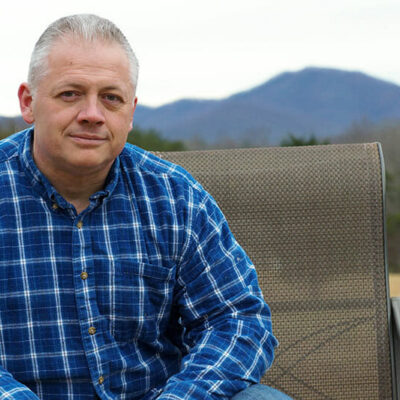The Albemarle County Board of Supervisors met for a work session on Wednesday, September 13, and debated two contested methods for regulating rural development in areas that include the Mountain Overlay District (MOD): clustering and phasing. The latter took the bulk of the hour, and neither method was passed.
Supervisors broke into two camps early in the debate: those willing to consider some form of phasing, and those unwilling. Phasing is the division of a plot of land into smaller lots, a few at a time. For Albemarle County, the rate means two subdivisions allowed per lot every 10 years.
Supervisor Lindsay G. Dorrier, Jr. expressed concern that “many elderly people might not see the end of the phasing period.”
Supporters of phasing based their opinions on keeping big business out. “We can’t stop larger companies from doing business here, but we can adopt land-use policies to make it unattractive to do so,” Chairman Dennis Rooker told the board.
In response to a claim that down-zoning, or the re-zoning of land to discourage urban sprawl, led to a loss in property values, Supervisor Sally Thomas contested that, “after a great down-zoning in the 1980s, many lot values actually went up.”
The work session was convened in response to an August 1 public hearing during which some people voiced impassioned opinions about phasing in Albemarle’s rural areas.
However, the board “can’t say that there is a definitive statement from the people of Albemarle County,” Rooker said. Supervisor David Slutzky agreed. “Thirty-five people may have been very vocal and spoken on behalf of others, but they do not represent every opinion” in the county, Slutzky said.
Clustering was briefly discussed among the supervisors, who questioned whether it ought to be the only means of rural conservation. Clustering groups residences together on small plots of land and collects important environmental resources into large lots for conservation.





